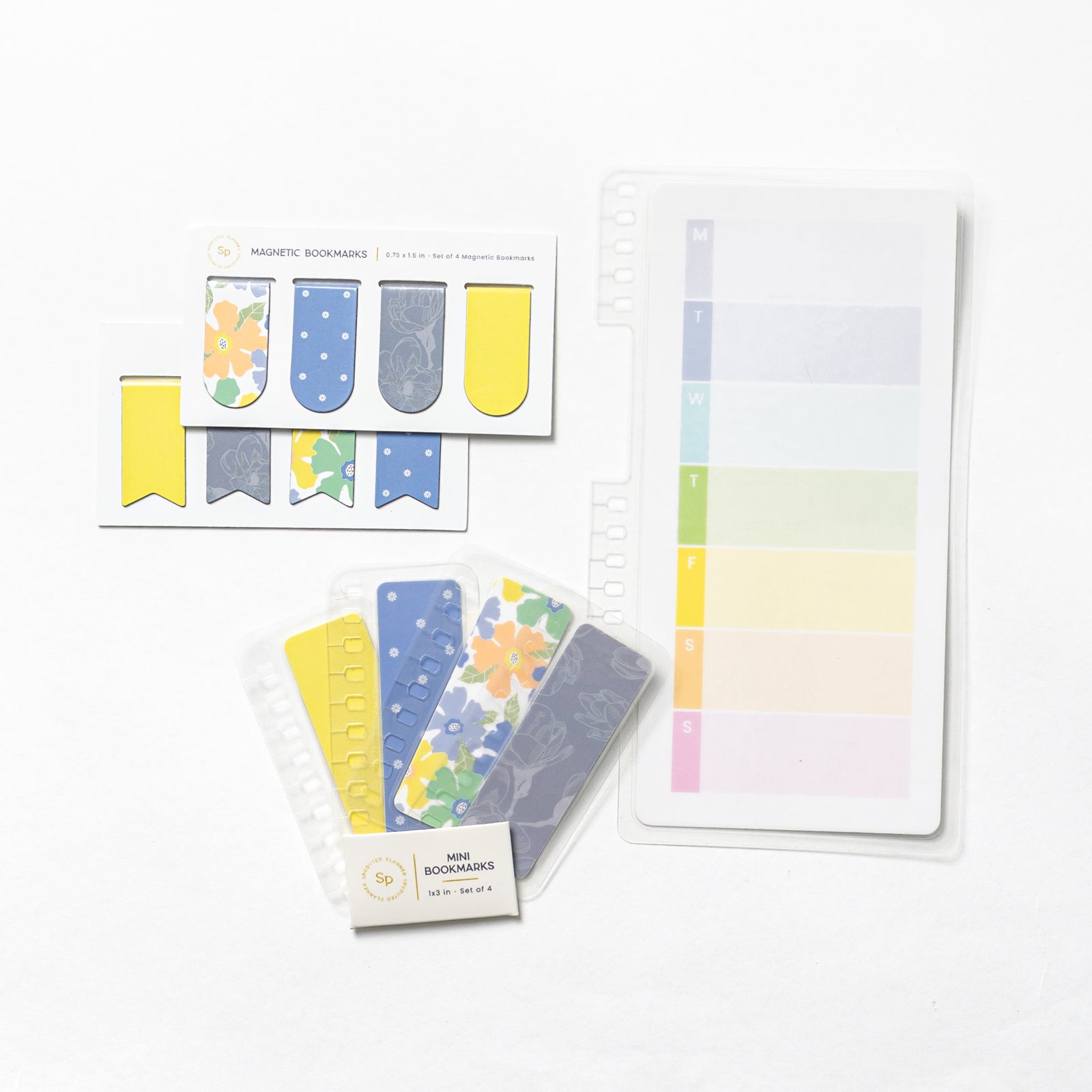Efficiently managing kids' sports schedules is crucial for maintaining family harmony and reducing stress. In this blog, we will delve into the importance of effective management and explore a variety of key topics. These include the intricacies of kids' sports schedules and the benefits of using sports organizer apps and weekly planners. We'll offer valuable tips for sports planning and provide guides tailored for busy parents. Additionally, we will discuss the use of sports calendars, practice organizers, and strategies for game day preparation. Lastly, we will cover sports event management and comprehensive family sports planning to ensure a smooth and enjoyable experience for everyone involved.
The Balancing Act for Busy Parents
Busy parents often face the daunting task of managing multiple schedules, which can include coordinating overlapping events, handling transportation logistics, and ensuring that all family members stay informed and synchronized. The specific challenges of this balancing act are numerous, from scheduling conflicts that arise out of nowhere to the constant need for effective communication to keep everyone on the same page.

Real-life scenarios illustrate the impact of these scheduling conflicts on family life. For instance, one parent might need to shuttle one child to a soccer game while another child has dance practice at the same time, creating a logistical nightmare. Such situations not only disrupt the family's routine but also add to the stress levels of parents who are already stretched thin.
To manage this stress, it is essential to break tasks into manageable steps and prioritize activities. By doing so, parents can ensure that the most important events are attended to while also finding moments to breathe and regroup. Stress management tips such as these can make a significant difference in maintaining a healthy balance and keeping the family operating smoothly amidst the chaos.
Essential Tools and Resources for Sports Schedule Management
One of the foundational tools for efficiently organizing sports schedules is a weekly planner. A weekly planner serves as a visual roadmap of all the activities and events for the week, making it easier to track commitments and avoid conflicts. By prominently highlighting key dates and times, it ensures that nothing important slips through the cracks. When using a weekly planner, it's beneficial to color code different activities and to include notes or checklists for tasks that need to be completed. The tactile nature of a physical planner can also help with memory retention, as writing things down often reinforces the schedule in one's mind. For families managing multiple schedules, a shared planner can foster better communication and coordination, ensuring that everyone is on the same page.
In addition to traditional planners, numerous apps and online calendars are available to simplify sports schedule management. Applications like Google Calendar, Team Snap, and Cozi offer features specifically tailored for sports planning. Google Calendar is versatile and widely used, allowing for easy sharing and synchronization across multiple devices. Team Snap is specifically designed for sports teams, offering functionalities such as team messaging, availability tracking, and game or practice schedules. Cozi is another excellent tool, particularly for families, as it combines calendar sharing with to-do lists and meal planning. When evaluating these tools, it's helpful to consider their user interface, customization options, and any associated costs. Many of these apps offer free versions with basic features, but premium subscriptions can unlock additional capabilities.

Additional resources for sports schedule management can include specialized software for handling sports events, family organizing apps, and printable templates. Sports event management software like Eventbrite can help streamline the process of organizing larger events, from registration to post-event follow-ups. Family organizing apps, such as Our Home, offer comprehensive solutions for managing household chores and schedules, ensuring that sports activities are seamlessly integrated into the family's daily routine. Printable templates can be a great low-tech solution, providing customizable layouts for weekly, monthly, or seasonal planning. These templates can be particularly useful for those who prefer a more hands-on approach or need something that can be quickly edited and printed. By combining these various tools and resources, individuals and families can achieve a balanced and well-organized approach to sports scheduling.
Crafting the Perfect Sports Planner

Setting up a weekly planner tailored for sports schedules can greatly enhance organization and efficiency for families.
- Create Sections: Begin by dividing your planner into sections for practice times, game days, and special events. This will help you clearly separate different activities.
- Set Up Columns or Rows: Use individual columns or rows for each activity. This structure will keep your planner clean and organized, making it easier to read and follow.
- Mark Practice Times: In the designated section for practice times, write down the dates and times of all your practice sessions. Be consistent in your format to maintain clarity.
- Schedule Game Days: Next, move to the game days section. List all the upcoming games, including the dates, times, and locations. Highlight these entries if necessary to make them stand out.
- Add Special Events: In the special events section, note down any additional events like team meetings, tournaments, or social gatherings. Include all relevant details such as time, venue, and any preparation needed.
- Reserve Space for Notes: Allocate a portion of your planner for notes. This space will be useful for jotting down last-minute changes, additional information, or any other important reminders.
By following these steps, you'll have a well-organized planner that ensures no important event is missed.
To make your planner even more user-friendly, incorporate various organization techniques. Utilize color coding to differentiate between practice sessions, games, and special events. Assign specific colors for each type of activity, making it easy to glance at the planner and understand the schedule. Stickers and highlighters can also be used to mark important dates or highlight changes, ensuring quick reference when needed. Moreover, personalizing the planner to suit your family’s unique needs can make it more engaging. Add motivational quotes to keep the family inspired, or create sections for tracking individual progress and achievements. These customization tips not only make the planner more functional but also add a personal touch that can boost motivation and engagement. Check out our weekly planners here for all your sports scheduling and personal life needs!
Mastering Sports Schedule Management
Managing a busy week can be overwhelming, but with some expert tips, it can become more manageable. Start by incorporating meal prepping into your routine; dedicating a few hours on the weekend to prepare meals can save you significant time during the week. Carpool arrangements can also be a lifesaver, reducing the stress of daily commutes. Include carpool contact information and details to ensure these arrangements are seamless. Additionally, batch scheduling tasks can help you stay organized and ensure that nothing falls through the cracks. Implementing these actionable tips can help you navigate particularly hectic weeks more efficiently.
Long-term planning is crucial for maintaining a balanced schedule, especially when it comes to sports and extracurricular activities. Utilizing a sports calendar allows you to map out your commitments well in advance, helping to avoid schedule clashes and ensure that you are adequately prepared for each event. This foresight can lead to better performance and less stress, as you'll be able to allocate time for practice, rest, and other essential activities without last-minute scrambles.
Weekly Sports Schedule Example
To give you a head start, we’ve put together a simple example schedules to illustrate how a well-structured sports planner might look. Feel free to adapt this to better suit your own family’s activities and needs.

This example showcases a way to lay out your sports activities, emphasizing clarity and ease of use. Adjust the layout, colors, and details as you see fit to make your schedule uniquely yours. The goal is to create a system that’s both functional and enjoyable, helping you and your family stay on top of your sports commitments with ease and enthusiasm.
Organizing Game Days and Practices Like a Pro
Preparation is key for successful game days and practices. Start by offering detailed strategies for organizing these events, such as creating comprehensive checklists for packing all necessary equipment and gear. Consider making transportation plans in advance to ensure timely arrivals, and coordinate with other parents to share responsibilities and support each other. This proactive approach helps to minimize last-minute stress and ensures that all bases are covered.
Another valuable tool is the sports planner, which can be utilized to meticulously detail games and practice sessions. By using the planner, you can keep track of important dates, times, and locations, making sure that nothing is overlooked. This level of organization helps in managing schedules effectively and allows for better preparation and planning, ultimately enhancing the overall experience for both players and parents.

Finally, having a list of game day essentials is crucial. Items such as water, snacks, first-aid kits, and extra equipment should always be on hand. Tips on how to pack efficiently, like using compartmentalized bags or labeling items, can further streamline the process. Being prepared with all the necessary essentials ensures that everyone can focus on enjoying the game without any unnecessary interruptions or missing items.
The Family Sports Planner: Keeping Everyone Updated
A centralized information hub can significantly streamline the chaos of managing family sports activities. By implementing a family sports planner or a centralized sports calendar, every member of the household stays informed and engaged. This approach not only helps to avoid scheduling conflicts but also ensures that everyone knows what is happening and when. It becomes a go-to reference point, reducing the likelihood of missed practices or games, and facilitating smoother coordination among all family members. One easy way to accomplish this is putting up a dry erase whiteboard calendar for the ability to be able to make last minute changes so that everyone can see them. Sometimes it helps to view your calendar on a large scale by writing it all out to keep it organized in your brain as well.

Involving children in the planning process is another fantastic way to teach responsibility and encourage active participation. Engaging children in planning can be as simple as letting them update the calendar or decide on practice schedules. By taking on these small tasks, children learn to manage their time and feel more invested in their activities. This involvement also fosters a sense of ownership and accountability, which can translate into a greater commitment to their sports and other responsibilities.
Effective communication is crucial for the smooth running of family schedules. Communication Tips can include regular family meetings to review upcoming events, using digital tools for instant updates, and setting reminders for key activities. Clear and consistent communication ensures that everyone is on the same page and aware of any changes. Establishing these habits can minimize misunderstandings and last-minute surprises, making the family sports routine more enjoyable and less stressful for everyone involved.
You are so Close to Easy & Organized Sports Schedules!
Efficient kids' sports schedule management is crucial for reducing stress and maintaining family harmony. Juggling multiple sports activities can become overwhelming, leading to frustration and potential burnout for both parents and children. By organizing schedules meticulously and prioritizing activities, families can ensure a smoother flow of daily routines, allowing more quality time together and less chaos.
Encourage open communication, use digital tools for scheduling, and plan ahead to avoid last-minute surprises. These strategies can create a more organized, less stressful environment that allows everyone to enjoy the benefits of sports without added pressure. Simplifying your kids' sports calendar can be a game-changer for busy parents. By reducing chaos and streamlining schedules, you can significantly lower stress levels and foster a more harmonious family life.
Imagine the peace of mind that comes with knowing exactly where and when each practice or game is happening. With extra time and mental bandwidth, you can focus on other important areas such as meal planning, financial organization, and self-care. Keep an eye out for our future blog posts on these topics, and subscribe to stay updated. With these practical tips and resources, your family is set for a successful and enjoyable sports season. Simplify your kids' sports schedules today with weekly planners —it's game on!














